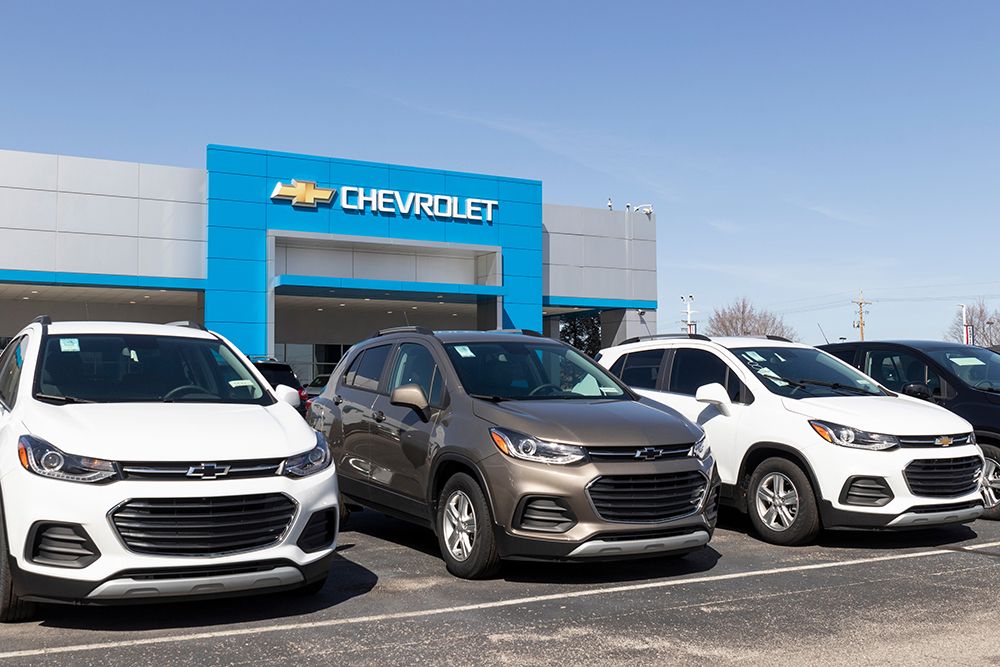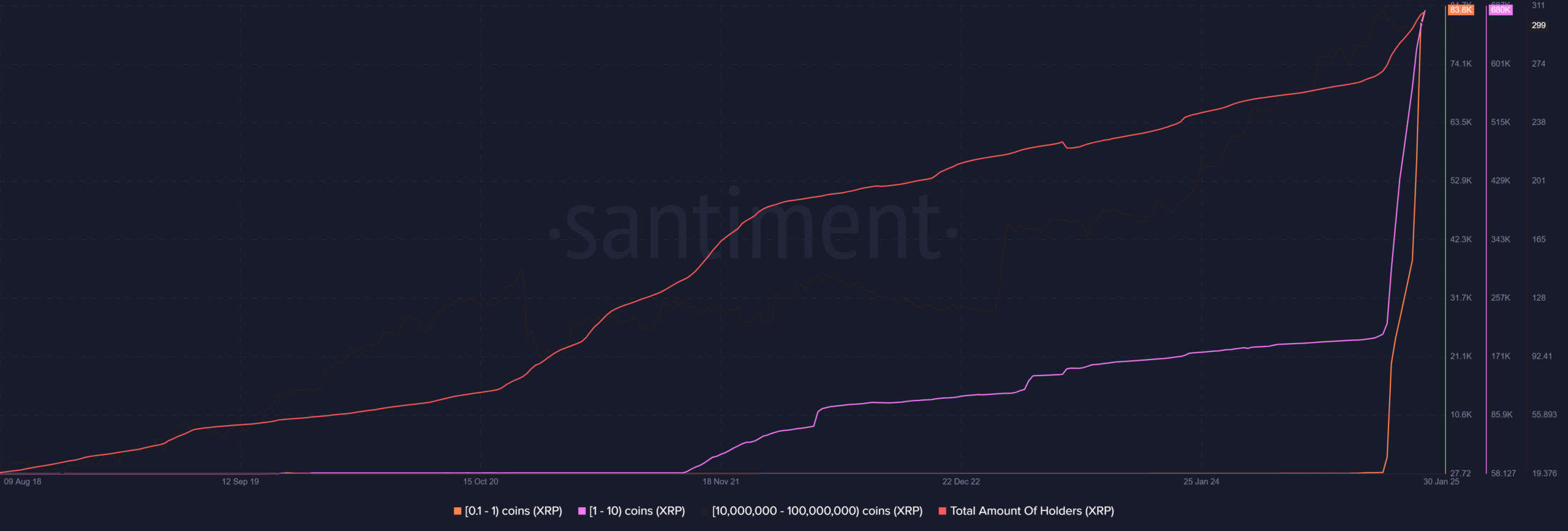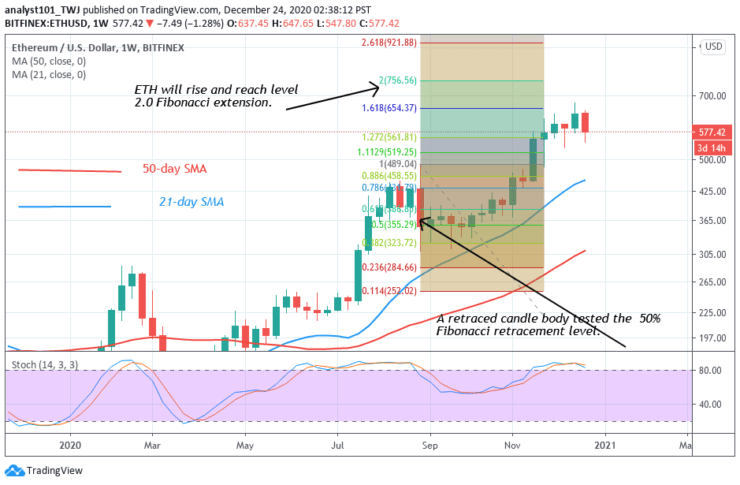EV Mandate Opposition: Car Dealers Double Down On Concerns

Table of Contents
Infrastructure Deficiencies as a Major Hurdle for EV Adoption
The lack of adequate infrastructure is a primary driver of EV mandate opposition. Dealers and industry experts alike highlight significant shortcomings that need to be addressed before widespread EV adoption becomes a reality.
Lack of Charging Stations
The current charging infrastructure is woefully inadequate to support a mass shift to EVs. This deficiency is particularly acute in rural areas, creating significant accessibility issues and hindering the practicality of EV ownership for many.
- Uneven distribution of charging stations: Charging stations are concentrated in urban areas, leaving rural communities underserved and making long-distance EV travel challenging.
- Long wait times at existing charging stations: The limited number of chargers often results in long wait times, frustrating consumers and undermining the convenience of EV ownership.
- Lack of standardization in charging connectors and technologies: The lack of a universally accepted charging standard adds further complexity and inconvenience to the EV charging experience.
- Insufficient investment in grid upgrades: The existing electricity grid is not equipped to handle the increased demand from a large-scale EV adoption. Significant upgrades are needed to prevent grid instability and potential blackouts. This requires substantial investment and considerable time.
Electricity Grid Limitations
Beyond the lack of charging stations, the capacity of the electricity grid itself is a critical concern fueling EV mandate opposition. The strain on the grid from a massive influx of EV charging could lead to widespread power outages and instability.
- Need for significant grid modernization and expansion: To accommodate the increased energy demand from EVs, significant investment in grid modernization and expansion is necessary. This is a costly and lengthy undertaking.
- Concerns about increased energy consumption and carbon emissions: The electricity used to charge EVs must be generated sustainably to ensure environmental benefits. If the electricity comes from fossil fuels, the carbon footprint may not be significantly reduced.
- Variability in renewable energy sources impacting grid stability: The intermittent nature of renewable energy sources like solar and wind adds further complexity to grid management and stability when integrating large numbers of EVs.
Consumer Concerns and Market Readiness for EVs
Even with improvements to infrastructure, significant consumer concerns remain, fueling opposition to mandatory EV adoption. These concerns are directly impacting market readiness and dealer confidence.
High Purchase Prices and Affordability
One of the biggest obstacles to EV adoption is the considerably higher purchase price compared to gasoline-powered vehicles. While government incentives and rebates exist, they often aren't enough to bridge the affordability gap for many potential buyers.
- Limited availability of affordable EVs for the mass market: The current market is dominated by higher-priced EV models, leaving many consumers without affordable options.
- Impact on lower-income consumers and those in financially vulnerable situations: The high cost of EVs effectively excludes lower-income consumers and those in financially precarious situations from the transition to electric mobility.
- Concerns about battery life, replacement costs, and long-term maintenance expenses: Uncertainty about battery lifespan, replacement costs, and the overall long-term maintenance expenses of EVs create hesitation among potential buyers.
Range Anxiety and Charging Time
"Range anxiety"—the fear of running out of charge before reaching a charging station—remains a significant barrier to EV adoption. This, coupled with longer charging times compared to refueling gasoline cars, hinders consumer confidence.
- Fear of being stranded due to insufficient range: The limited driving range of many EVs, especially compared to gasoline vehicles, creates a fear of being stranded, particularly on long journeys.
- Inconvenience of longer charging times compared to refueling gasoline vehicles: The time it takes to fully charge an EV is considerably longer than refueling a gasoline car, leading to inconvenience and impacting daily routines.
- Lack of awareness and understanding of EV charging options and processes: Many consumers lack sufficient understanding of different charging options and the charging process itself, contributing to hesitation and uncertainty.
Economic Impacts on Car Dealerships and the Automotive Industry
The transition to EVs poses substantial economic challenges for car dealerships and the broader automotive industry, significantly contributing to the EV mandate opposition.
Job Losses and Economic Disruption
A rapid and poorly managed transition to EVs could result in significant job losses across the automotive industry. This is particularly true for those involved in the manufacturing and maintenance of internal combustion engine (ICE) vehicles.
- Potential displacement of skilled workers in manufacturing and repair: Many skilled workers in ICE vehicle manufacturing and repair could find themselves unemployed without adequate retraining opportunities.
- Economic hardship for communities dependent on the automotive industry: Communities heavily reliant on the automotive industry face economic hardship due to potential job losses and factory closures.
- Need for retraining and upskilling programs to mitigate job losses: Investing in comprehensive retraining and upskilling programs is crucial to mitigating job displacement and ensuring a smooth transition for workers.
Inventory Management and Sales Challenges
Dealerships face substantial challenges adapting to the transition to EVs, requiring significant investment and changes to their business models.
- Need for investment in new equipment for EV servicing and repair: Dealerships need to invest in specialized equipment and training for servicing and repairing EVs.
- Training requirements for sales staff to effectively communicate EV benefits and address consumer concerns: Sales staff require extensive training to effectively communicate the benefits of EVs and address consumer concerns about range, charging, and cost.
- Potential for overstocking of unsold EVs due to uncertain market demand: Uncertainty in market demand for EVs poses risks of overstocking and financial losses for dealerships.
Conclusion
Opposition to EV mandates is strong, fueled by legitimate concerns about infrastructure readiness, consumer affordability, and the economic impact on the automotive industry. Addressing these concerns through targeted investment in charging infrastructure, comprehensive consumer education campaigns, and substantial support for workers transitioning to new roles is crucial for a successful and equitable transition to electric vehicles. The debate around EV mandate opposition must consider these factors to ensure a smooth and sustainable shift to a cleaner transportation future. Continued dialogue and collaborative efforts between policymakers, the automotive industry, and consumers are needed to overcome the challenges and foster wider acceptance of EV adoption, moving beyond the current EV mandate opposition and embracing a greener future.

Featured Posts
-
 Federal Charges Filed Millions Stolen Via Office365 Hacks
May 08, 2025
Federal Charges Filed Millions Stolen Via Office365 Hacks
May 08, 2025 -
 Transferimi I Neymar Te Psg Ceku I Humbur Dhe 222 Milione Euro
May 08, 2025
Transferimi I Neymar Te Psg Ceku I Humbur Dhe 222 Milione Euro
May 08, 2025 -
 Counting Crows 2025 Tour Predicted Setlist And Song Possibilities
May 08, 2025
Counting Crows 2025 Tour Predicted Setlist And Song Possibilities
May 08, 2025 -
 5 0 355 3
May 08, 2025
5 0 355 3
May 08, 2025 -
 Andor Director Almost Reveals Rogue One Recut Details
May 08, 2025
Andor Director Almost Reveals Rogue One Recut Details
May 08, 2025
Latest Posts
-
 Institutional Ethereum Accumulation Cross X Indicators Point To Potential 4 000 Breakout
May 08, 2025
Institutional Ethereum Accumulation Cross X Indicators Point To Potential 4 000 Breakout
May 08, 2025 -
 Ethereum Price Prediction Cross X Indicators Suggest Imminent 4 000 Rally
May 08, 2025
Ethereum Price Prediction Cross X Indicators Suggest Imminent 4 000 Rally
May 08, 2025 -
 Analysis 10 Spike In Ethereum Address Activity In Just Two Days
May 08, 2025
Analysis 10 Spike In Ethereum Address Activity In Just Two Days
May 08, 2025 -
 Ethereum Price Bullish Trend Strengthened By Large Eth Accumulation
May 08, 2025
Ethereum Price Bullish Trend Strengthened By Large Eth Accumulation
May 08, 2025 -
 Ethereum Forecast 1 11 M Eth Accumulated Implications For Price
May 08, 2025
Ethereum Forecast 1 11 M Eth Accumulated Implications For Price
May 08, 2025
